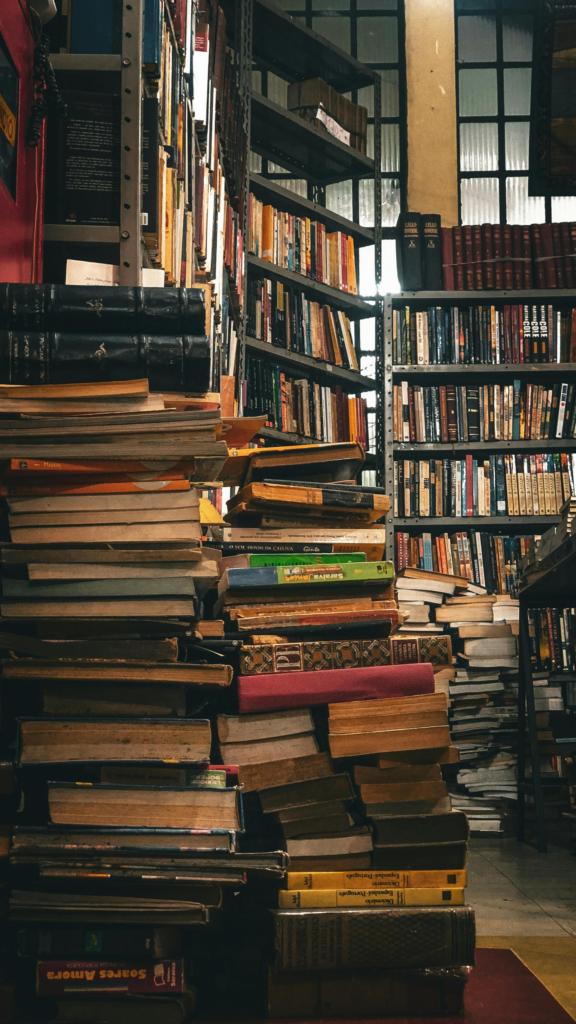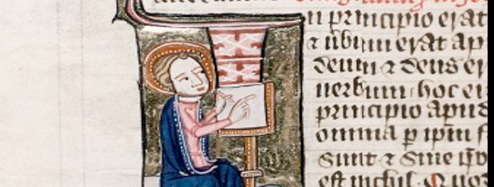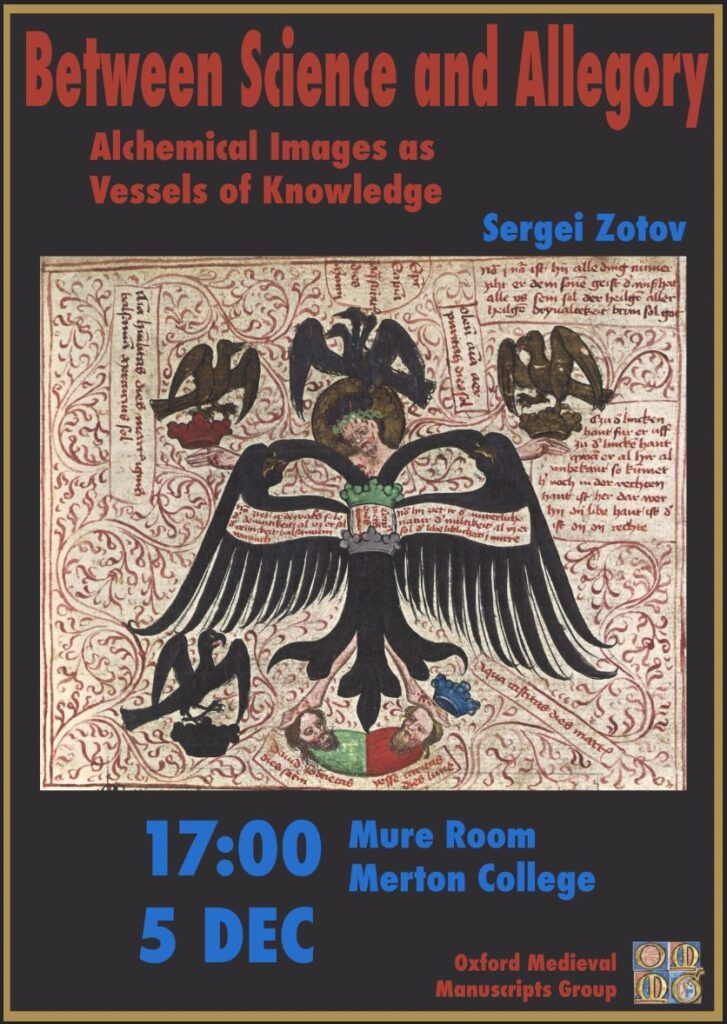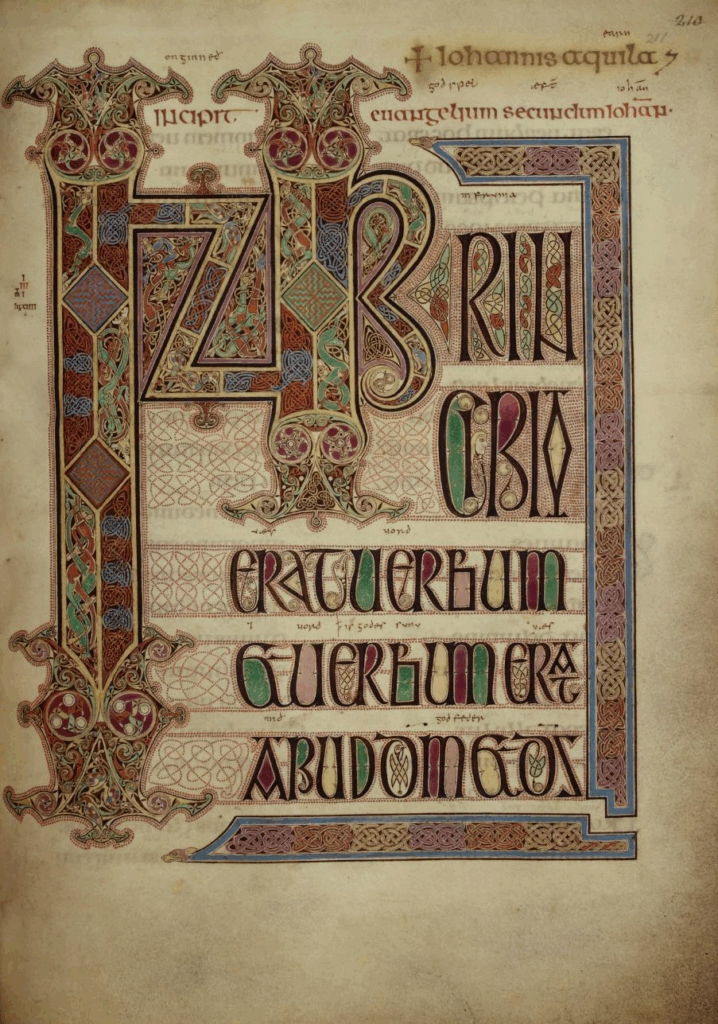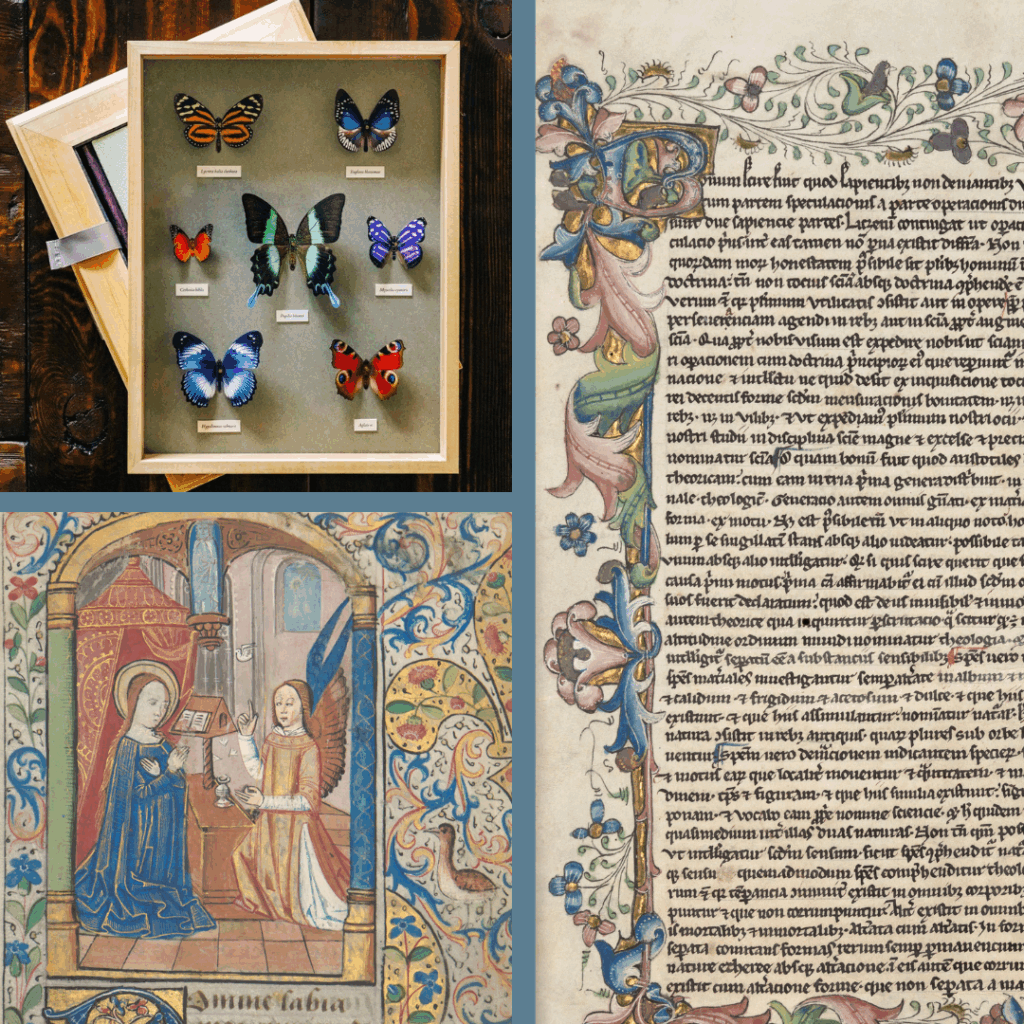The Centre for Manuscript and Text Cultures (CMTC) is pleased to invite Oxford-based researchers to participate in the workshop Forgotten Libraries to be held at The Queen’s College (Oxford) on Tuesday 16 June. Conceived as the first stage of a broader research initiative, the workshop aims to bring together scholars working across linguistic traditions and historical periods to reflect on neglected manuscript collections and their significance for the study of textual cultures.
Within the dominant frameworks of manuscript studies, research have long been anchored in the analysis of individual codices and in major, well-defined collections that structure institutional and disciplinary narratives. Yet many manuscripts survive in ways that render them effectively invisible: scattered across different holdings, insufficiently catalogued, marginalised by new political and linguistic orders, or remembered only through fragmentary references. These “forgotten”, “lost”, or “marginalised” collections raise fundamental questions about how manuscripts and libraries contingently relate to knowledge production over time.
While the workshop’s emphasis falls on libraries and manuscript collections—their formation, coherence, disintegration, and afterlives—we also recognise that individual artefacts often reveal broader dynamics. Manuscripts are mobile objects: they migrate across regions, institutions, and epistemic frameworks, and this movement profoundly shapes their visibility, accessibility, and scholarly legibility. A single codex may preserve traces of an otherwise vanished collection; an isolated manuscript may retain ownership marks, organisational clues, or textual relationships that point back to a forgotten ensemble. Attention to both scales—the library and the single object—is therefore essential.
Participants will present short case studies illustrating how forgotten libraries can be located, reconstituted, or reintegrated into scholarly practice, whether through surviving catalogues, dispersed manuscripts, institutional histories, or digital tools. The workshop aims to: (1) Map the diversity and significance of forgotten manuscript collections; (2) Develop shared methodological approaches that integrate collection-level thinking with close artefact analysis and digital methods; (3) Reflect on the broader structural, institutional, and historical conditions that produce manuscript displacement, fragmentation, and neglect.
Beyond these immediate aims, the workshop constitutes the first phase of a larger collaborative project on forgotten and displaced manuscript collections. It will be followed by an international conference in 2027, and its results will contribute to a collective volume to appear in the forthcoming book series Manuscript and Text Cultures (Liverpool University Press).
The workshop will be held at The Queen’s College (Oxford) on Tuesday 16 June.
Abstracts of up to 300 words, together with a short biographical note, should be submitted by Friday 14 March to Shaahin Pishbin and Clément Salah
